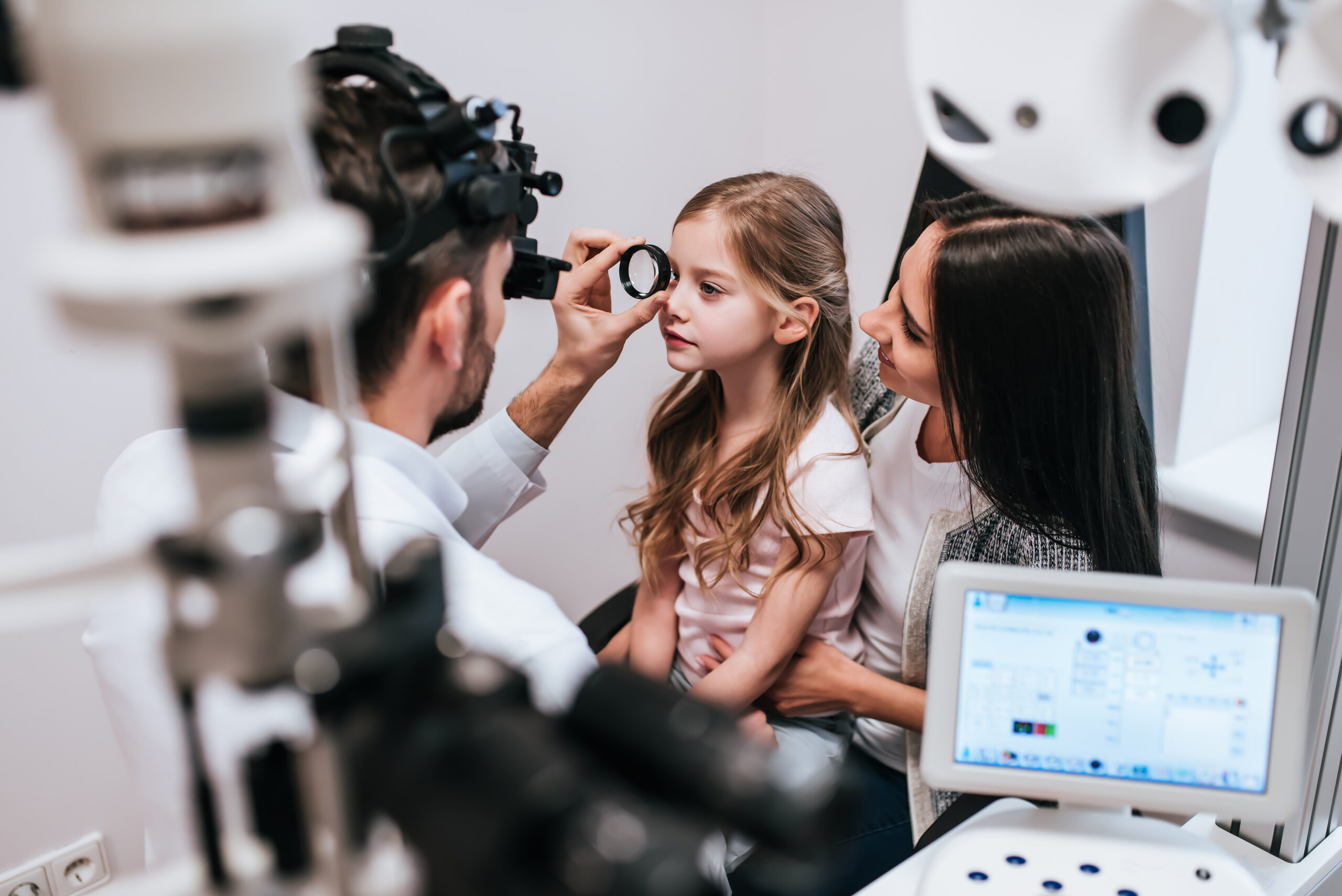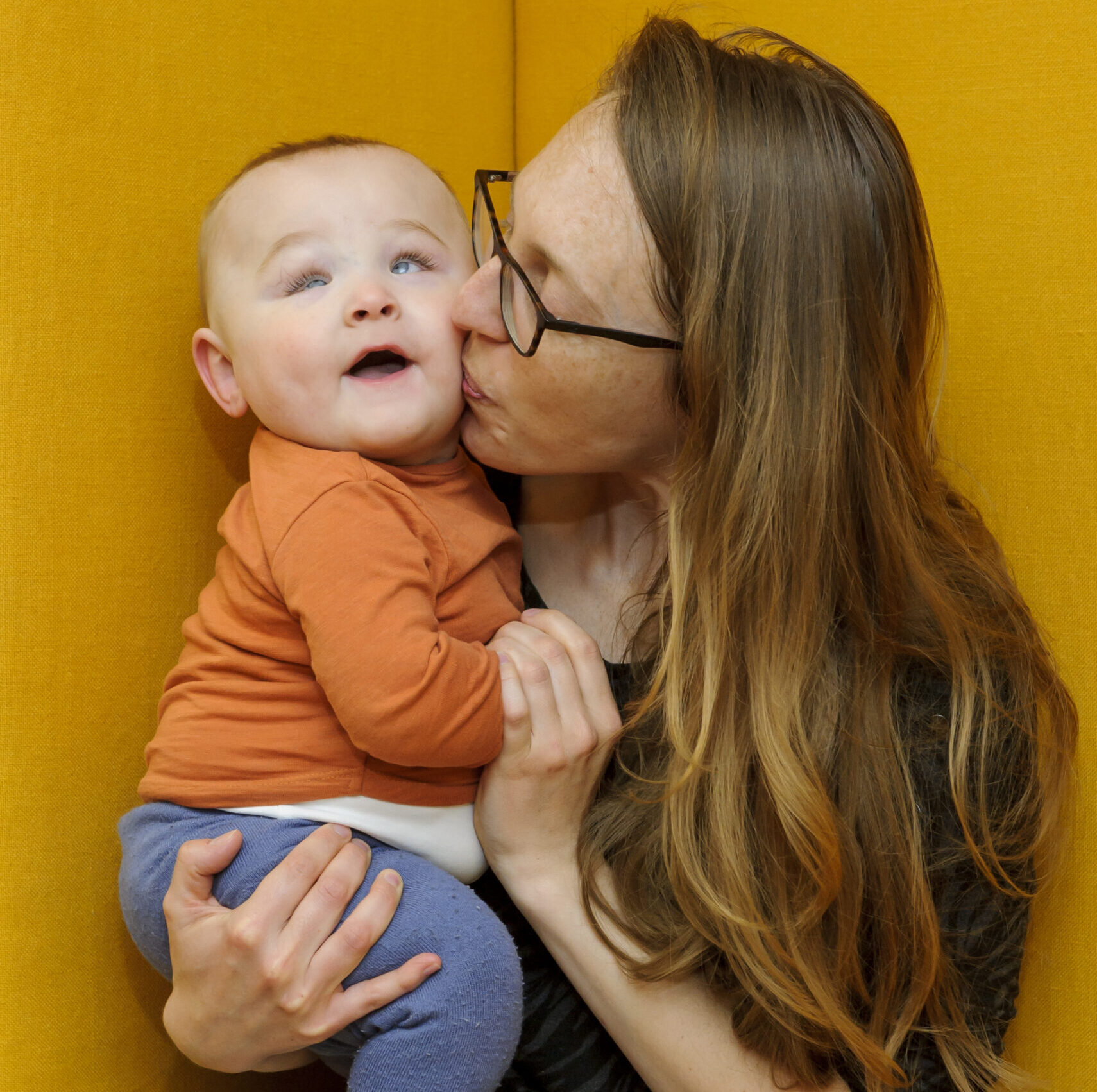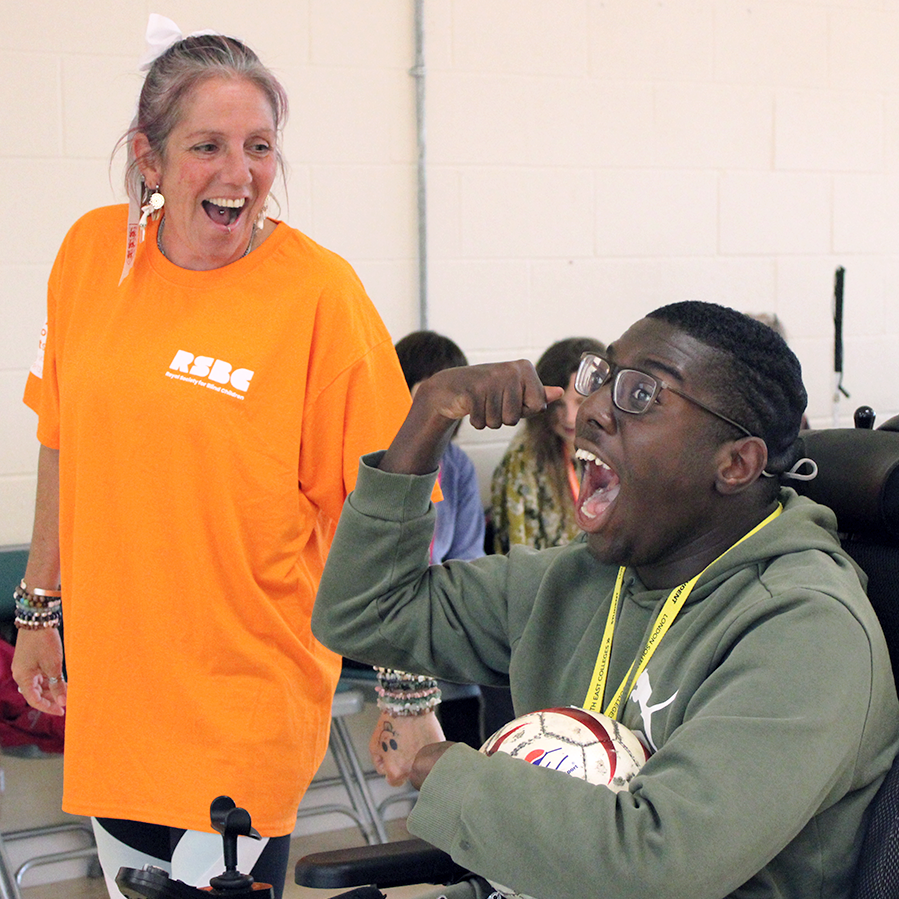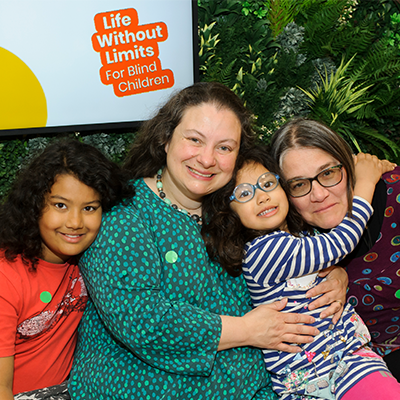Making waves: Imogen competes as a vision impaired para-swimmer in Rio’s World School Sports Games
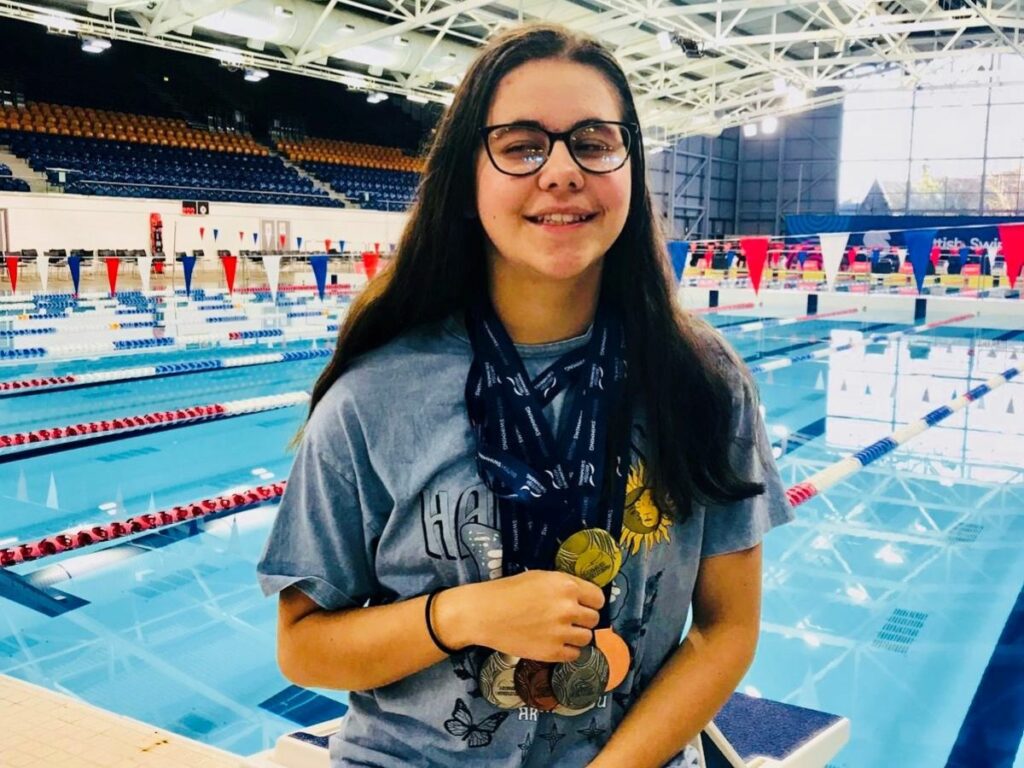
August 15, 2023
In June 2023, RSBC’s Advice and Information service was able to help Imogen, a 13-year-old para-swimmer, to take part in the U15 ISF World School Games in Rio de Janeiro, Brazil.
Imogen was thrilled to be selected by the English Schools Swimming Association (ESSA) to represent England by swimming in the visually impaired classification. But Imogen, who currently swims with Wellingborough ASC in Northamptonshire, need to raise £2750 to take part. Without it she would not be able to realise her dream.
That’s when Imogen’s mum, Dawn, contacted RSBC’s Advice and Information service. We successfully applied for a grant, which when added to the family’s fundraising pot, made sure that Imogen was able to meet her target and represent her country at the prestigious event
Imogen has been swimming since she was a baby and loves it. She has won medals at the SE Summer Nationals and has attended the British Para Swimming International Meet in Sheffield this year.
Dawn and Imogen’s first contact with RSBC was when Imogen took part in a workshop which the charity ran with the Royal Philharmonic Orchestra for vision impaired young people. Imogen was one of the participants and her mum said that she ‘completely enjoyed and was given an amazing opportunity to perform to live theatre/hall audiences.’
Nystagmus and beyond: Imogen’s can do attitude
Imogen has nystagmus, a condition which is characterized by repetitive and involuntary movement of the eyes. It affects all aspects of Imogen’s day-to-day life, from walking about to being affected by bright sunlight. Imogen has to either use Braille or read from a 72-point font size, she lacks depth perception, and has focus and tracking difficulties. It was genetic family testing that revealed Imogen’s pax 6 DNA faulty gene (the cause of her nystagmus) had come been passed through her grandad’s side of the family and that with each birth, there was a 50/50 chance of inheriting and carrying the gene.
Despite the challenges, Imogen was bought up with a ‘can do’ attitude: to always try and give everything a go. This has stood her in good stead for life’s challenges. According to Imogen’s mum, Dawn, Imogen does not have academic needs – she has access needs.
Overcoming vision impairment challenges
When asked about challenges, Imogen told us that she has had to learn to accept that her vision made her different and that she’d have to advocate for herself. She is working on her mobility so that she can go out independently with friends and feel safe and confident. These skills have taken time, and Imogen is still growing and improving and is proud of her progress.
Representing England
Imogen is one of only two vision impaired girl swimmers attending the competition. The group is made up of 25 swimmers, both non-disabled and para swimmers. Imogen was spotted by an English Schools’ Swimming Association scout (ESSA). When she received a letter inviting her to be part of the Rio team, she said she was extremely excited at the amazing opportunity to represent herself and her country. Imogen’s competition races in Rio are the 50m butterfly, 50m breaststroke, and the 200m individual medley (4 x50m one of each of the four strokes).
Goals and dreams
When asked about her goals, Imogen said that she’d love to work with babies or animals and with regards to swimming, she’d love to make it as far as she can to get to the para-Olympics.
“I know that this is a big dream, but you have to have dreams or you’re not striving and driving yourself forward… I want to be the best I can be.”
Imogen had this to say as an encouragement to those feeling restricted because of a disability:
“Your disability is not you – I am not blind Imogen: I’m Imogen who is blind. I’m not swimming Imogen: I’m Imogen who can swim. You must believe in yourself and what you can do – your ability, not what you can’t do – your disability.”
Imogen found joy in swimming and was flourishing, all the while overcoming the obstacle of limited access, with support and adaptation. Thanks to her parents, Imogen found her way to navigate challenges of everyday life.
Even when thinking of blindness as a disability, Imogen told us that it has also given her skills that her peers and friends don’t have, such as great land mapping skills, another language (Braille), and a great memory. She says that it has also helped her to have good listening skills and empathy with others who face challenges in their own lives.
Following Imogen’s progress at the games
Imogen and mum, Dawn, hope there will be a channel on YouTube where people can watch the games live or catch up. They’d love to have as many people watching as possible, supporting Imogen and being inspired to take up a new sport or try swimming.
Stay tuned!
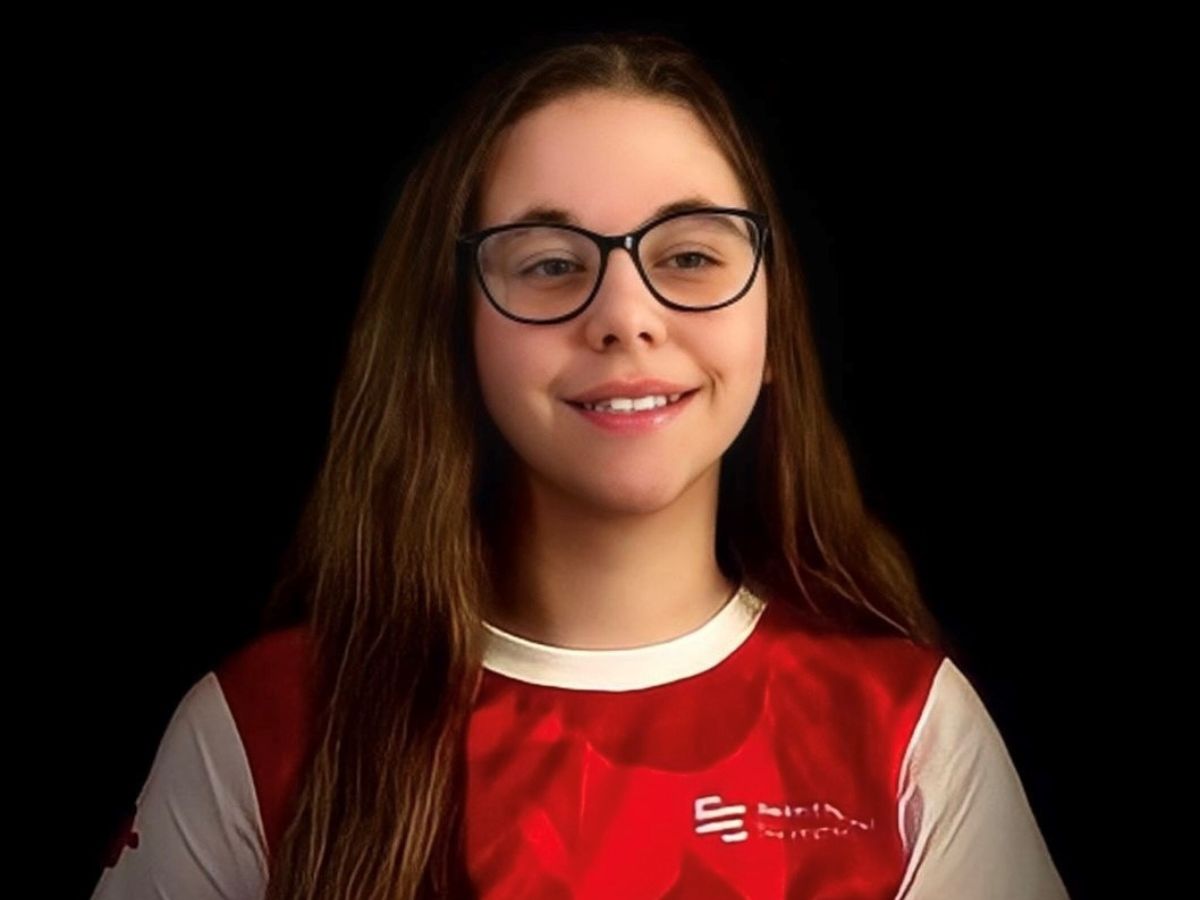
You may also like
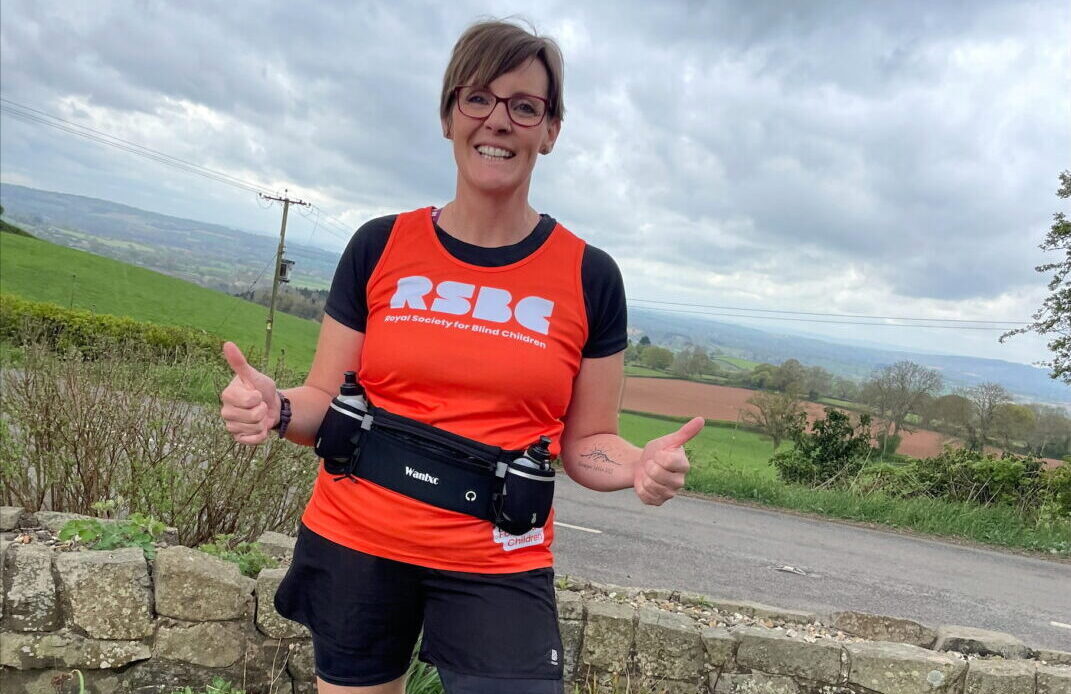
No categories April 22, 2025
Running for Sharn and Maya
With the London Marathon fast approaching, we spoke to runner Hannah to find out why she wanted to raise funds for RSBC.
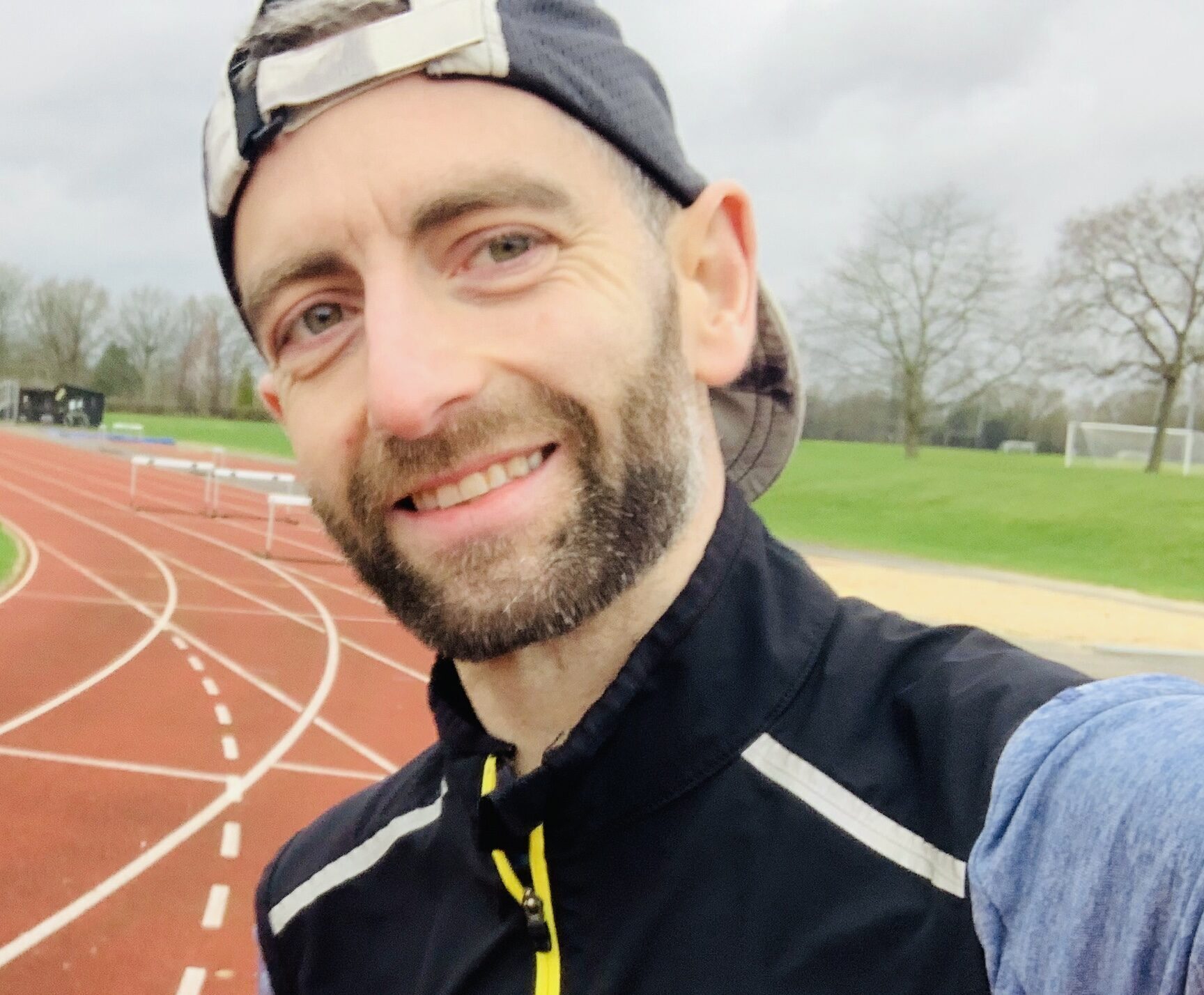
No categories April 14, 2025
Nick’s path to the London Marathon
This April, Nick will be running the London Marathon for RSBC. We sat down with him to find out why he wanted to run for us, and learn a little bit more about his journey so far.
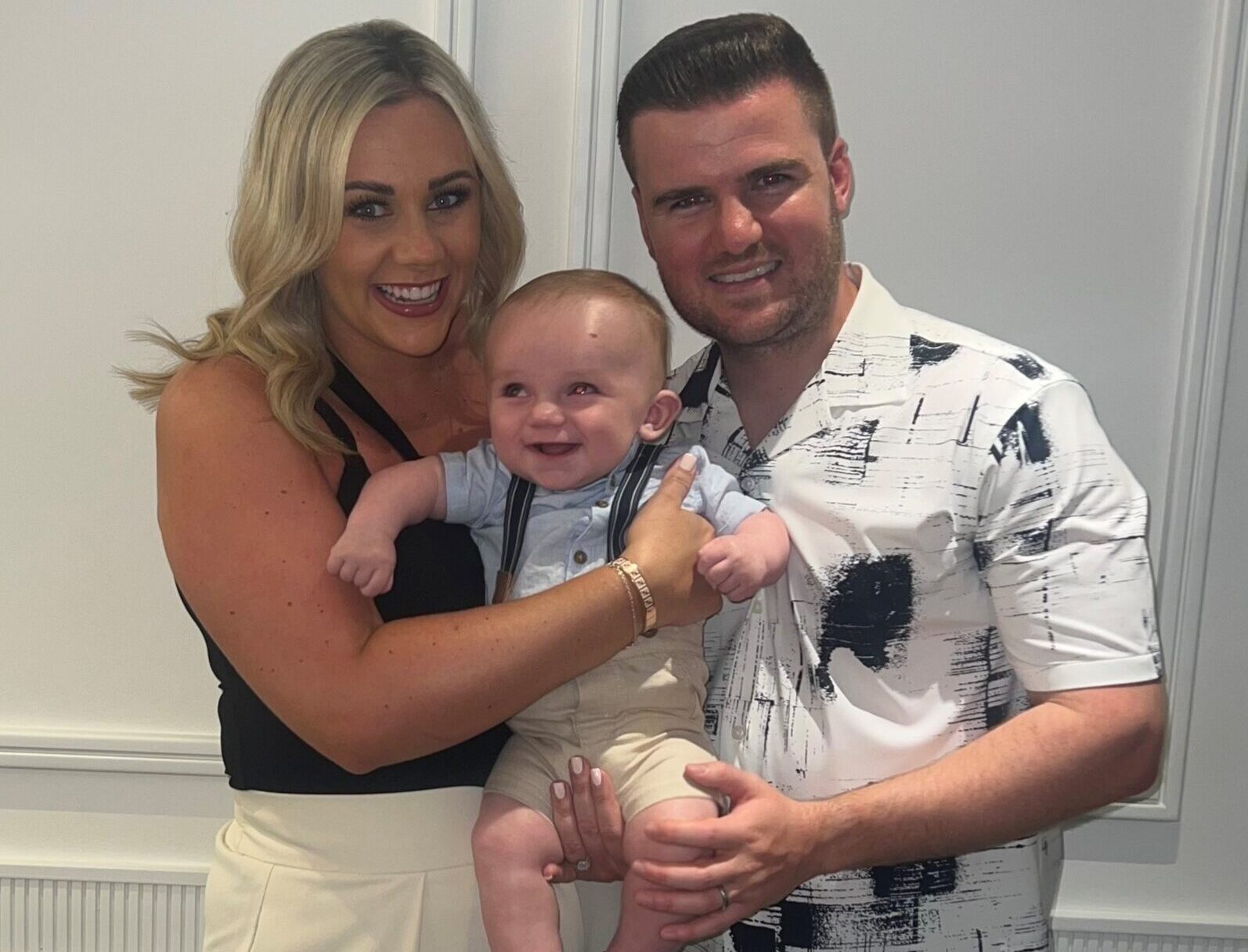
No categories April 9, 2025
Running for Albie
Albie was born with severe sight impairment, having been diagnosed when he was 4 months old. His mum and dad, Abbie and Lewis, are both running the 2025 London Marathon to raise funds for RSBC – the first time that two parents of a child supported by the charity have run together at this famous […]
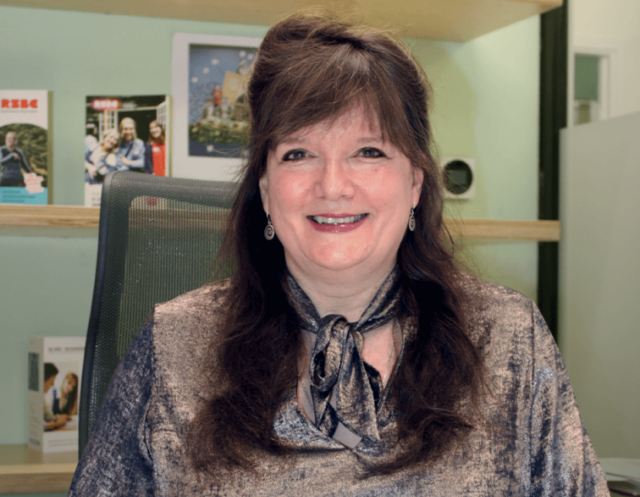
No categories March 28, 2025
Mother’s Day: our CEO shares her story
Happy Mother’s Day to everyone celebrating! In recognition of this special day, we sat down with our CEO, Julie, to hear about her relationship with her daughter, Saime, who is registered blind.
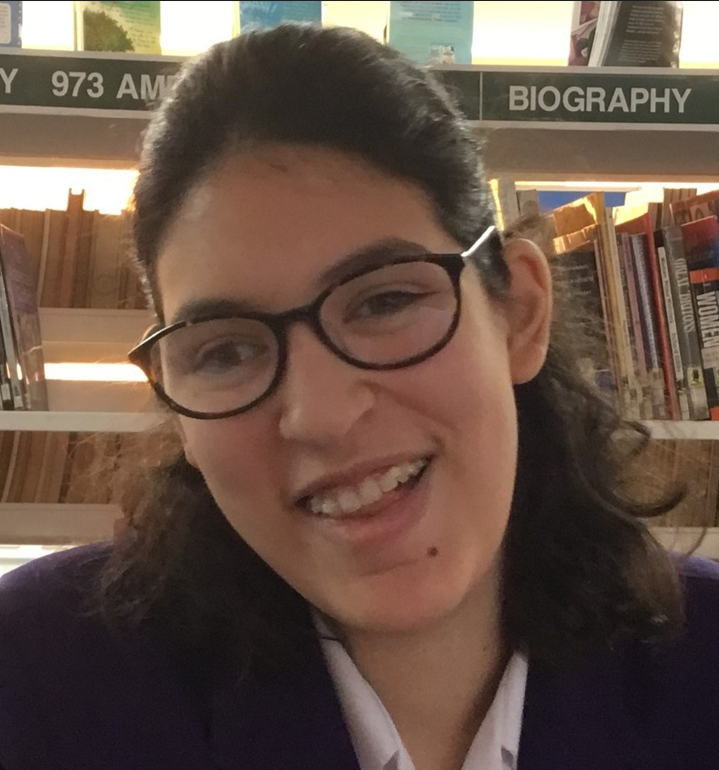
No categories March 20, 2025
What our young poets have to say this World Poetry Day
We were delighted to host two workshop sessions with renowned poet Dave Steele recently, and they certainly fired up the imaginations of the young people who attended! We’re pleased to be able to showcase the incredible talent that came out of the workshops in the beautiful poems written by those attending below.
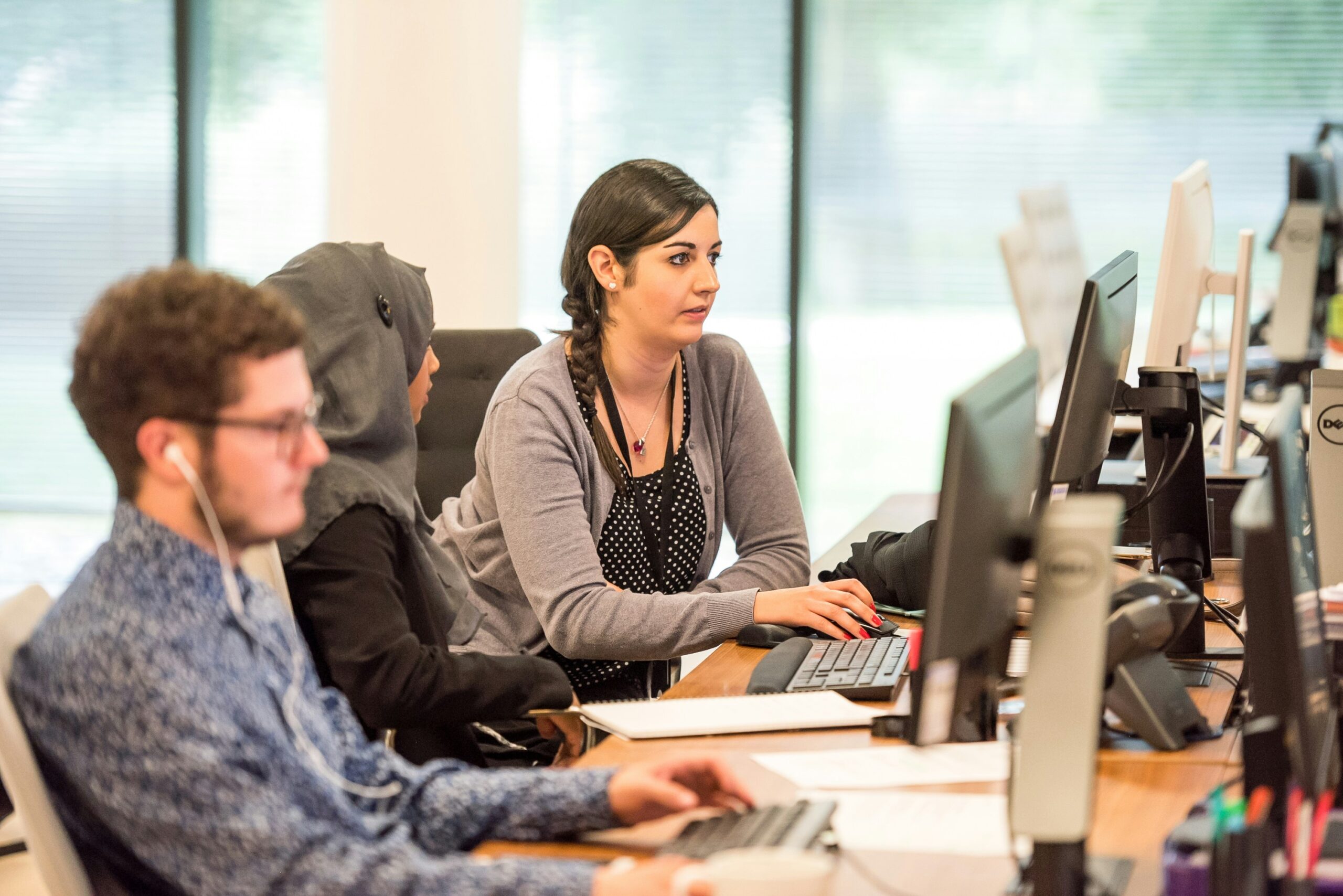
No categories March 10, 2025
RSBC’s 5 key reforms to support young people into work
The government has just announced plans for a major shakeup of the welfare system, with £6bn of proposed cuts. Personal Independence Payments (PIP) are a lifeline for many people in our community. We understand the system needs reform, and that tough times can call for tough measures. But cutting back on PIP without making it […]
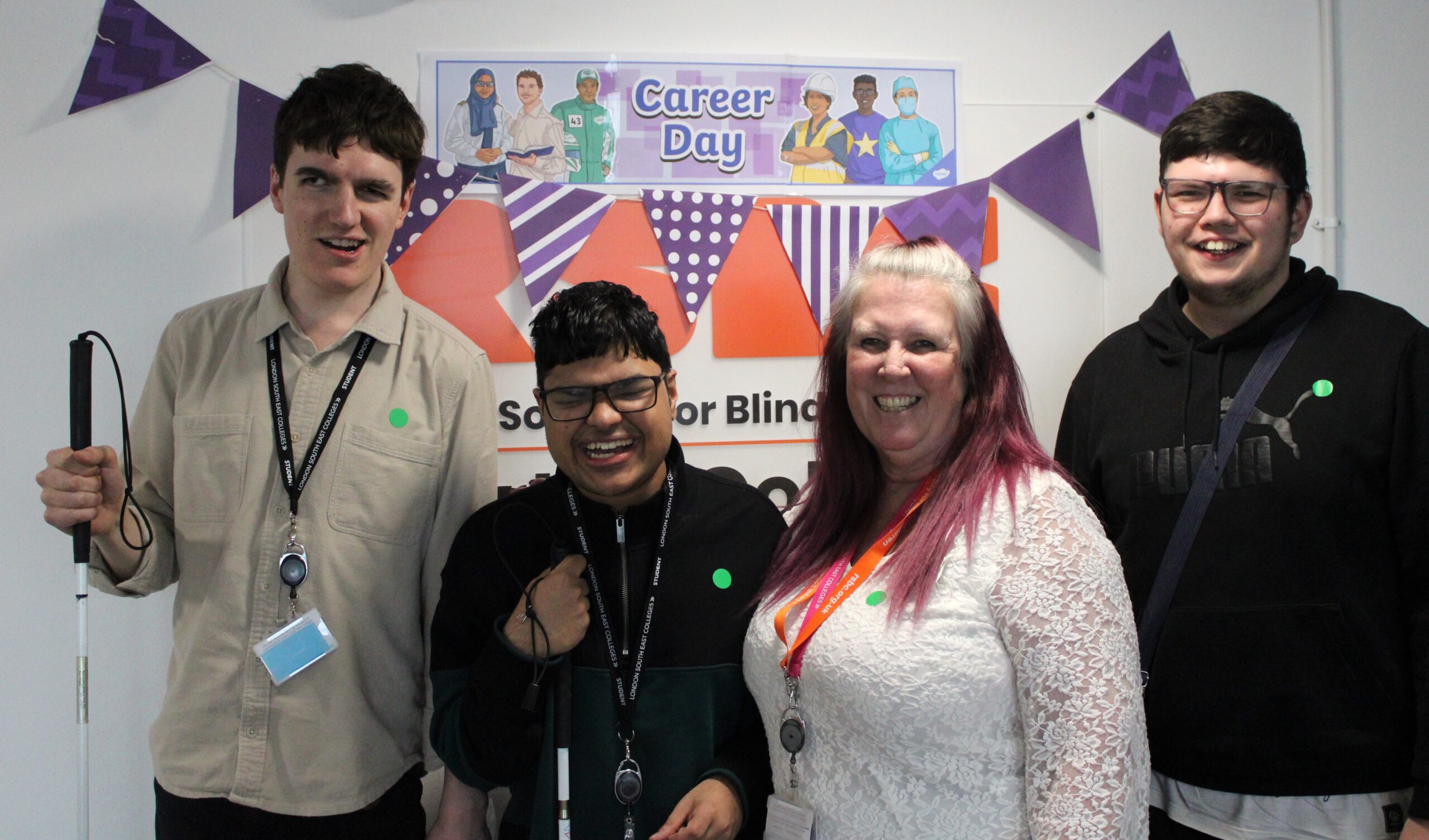
No categories March 7, 2025
Dorton College careers day: giving our students the confidence to shine
Too often, young people living with a vision impairment aren’t given the career opportunities they deserve. That’s why RSBC’s Dorton College hosted a careers day recently, inviting external speakers to inspire our students and help provide them with the tools they need to enter the world of work.
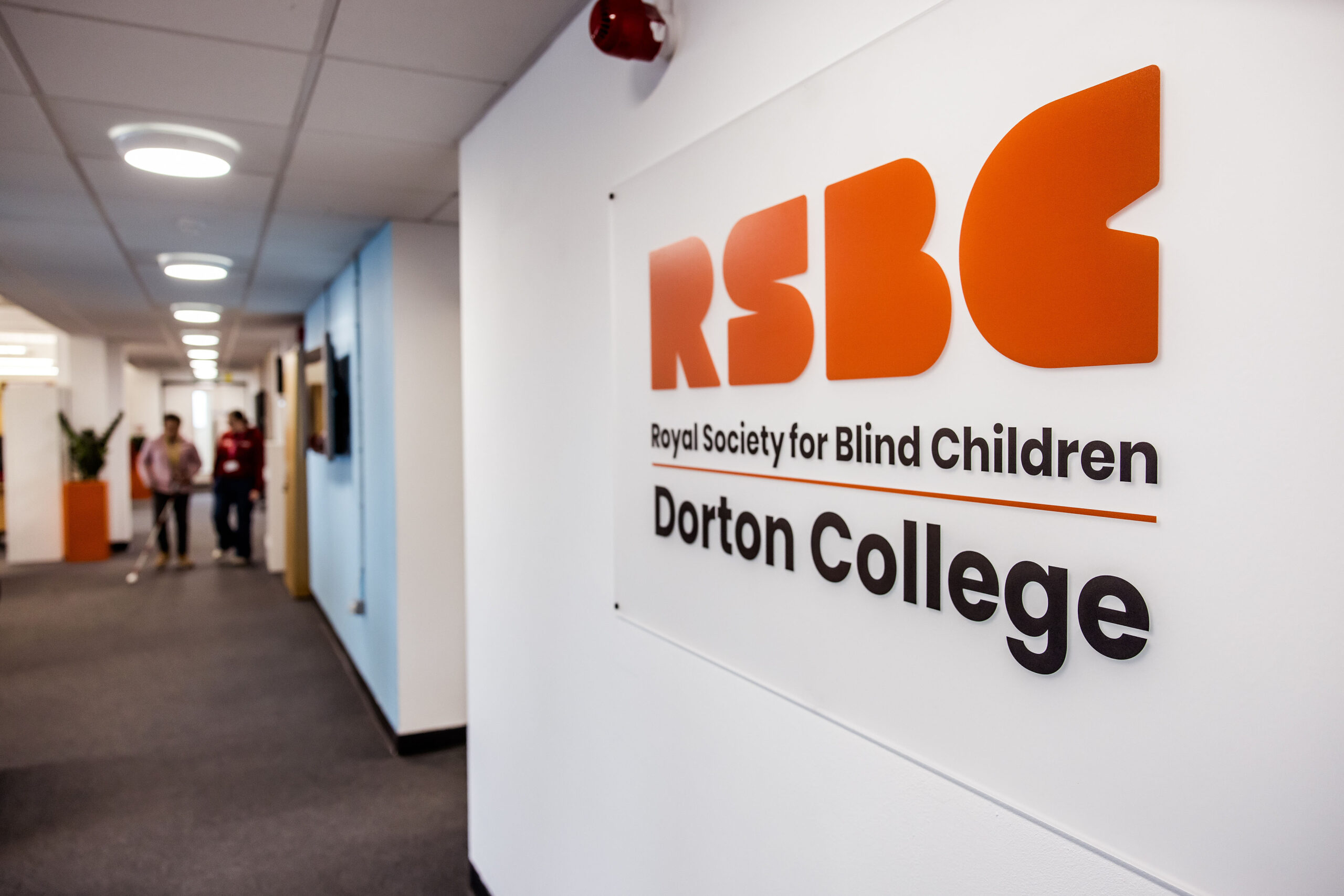
No categories March 5, 2025
Gary O’Donoghue’s win at the RTS Television Journalism Awards
Each year, the Royal Television Society hosts the Television Journalism Awards, celebrating the most prestigious change-makers in the British journalism space.
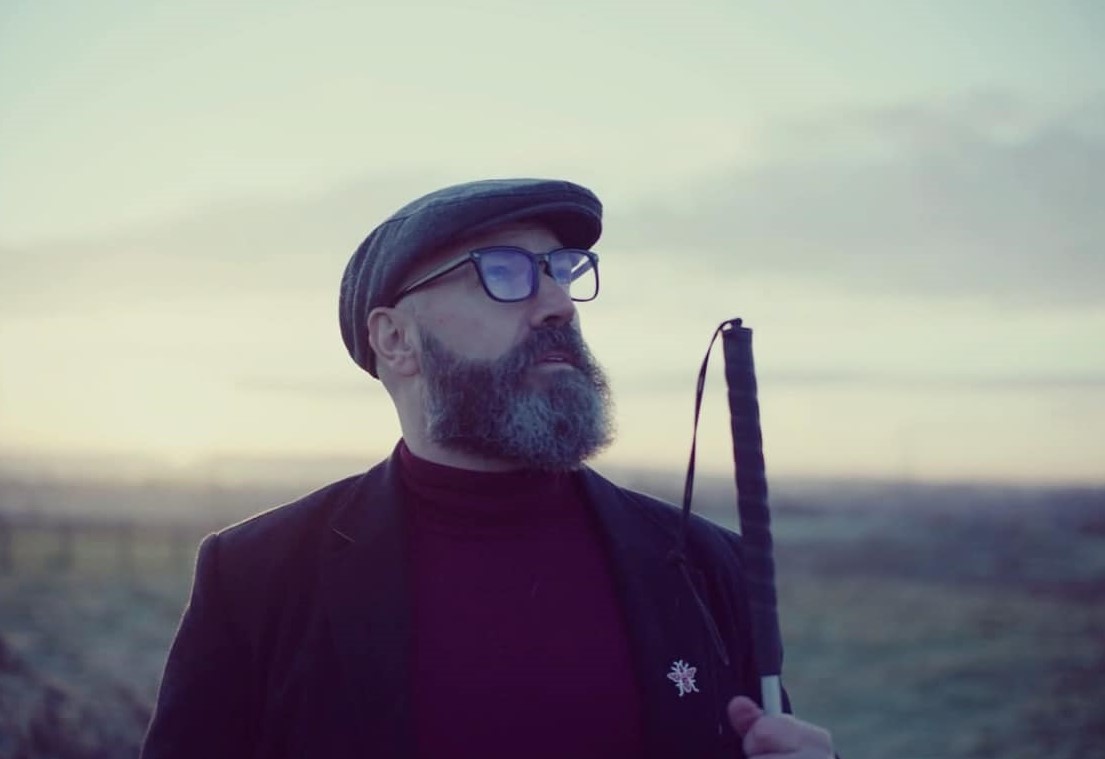
No categories March 4, 2025
Young people unlock their imagination at The Blind Poet’s workshops
Dave Steele, popularly known as The Blind Poet, is an internationally acclaimed and award-winning poet, author, speaker and singer – and an advocate for people with vision impairment.

No categories March 3, 2025
Helping young people be heard: RSBC’s Youth Voice Strategy Day
Recently, RSBC’s Youth Forum, Young Ambassadors and members of the RSBC team came together for a Youth Voice Strategy Day at our Life Without Limits Centre in London. The mission was simple: young people were tasked with coming up with their own objectives and create a roadmap for the future, which would help RSBC identify […]
